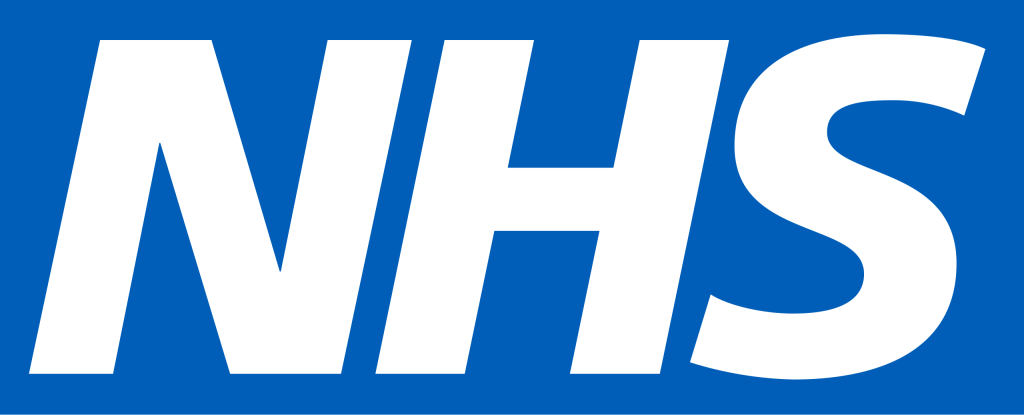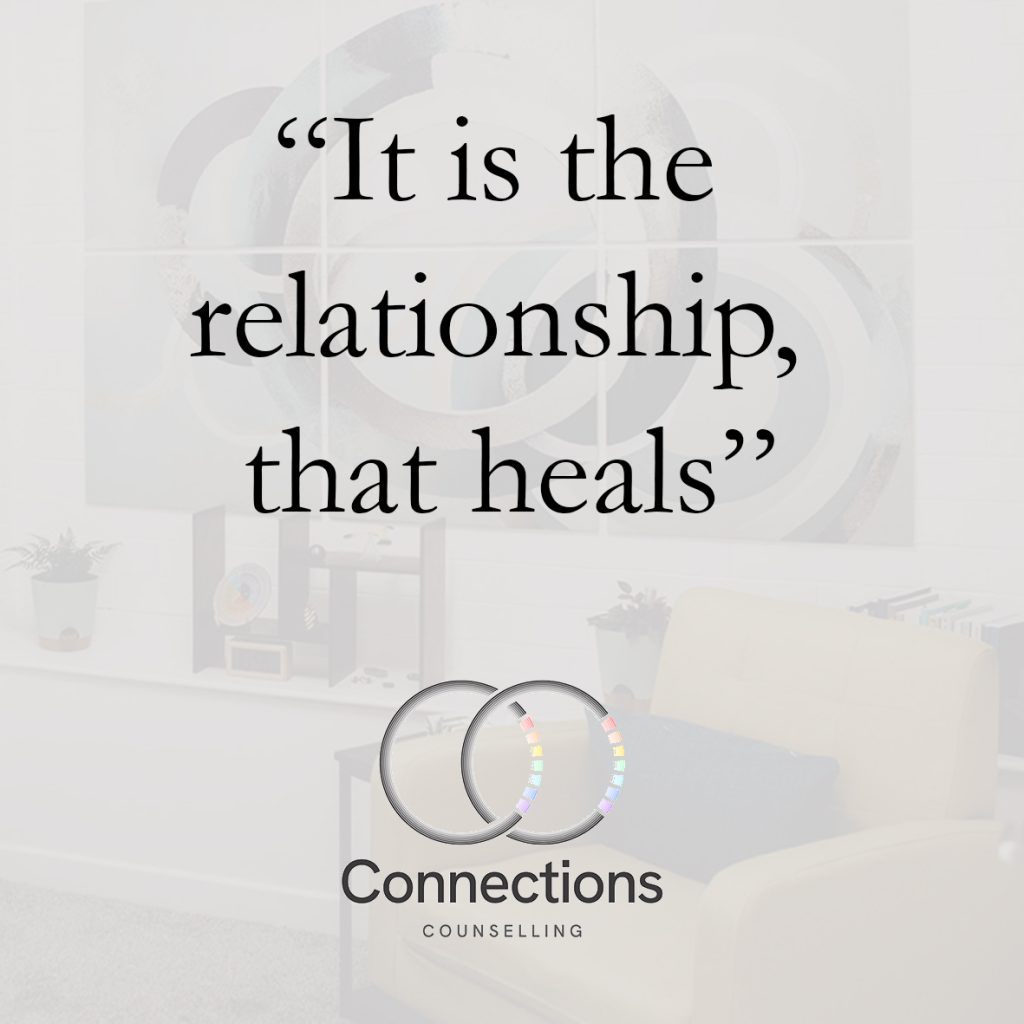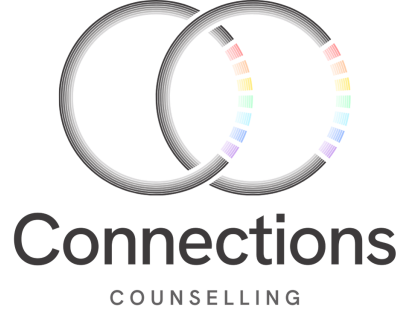 Human First: Why Counselling in the NHS Must Evolve — and How We’re Working to Fill the Gaps
Human First: Why Counselling in the NHS Must Evolve — and How We’re Working to Fill the Gaps
At Connections Counselling, we often return to one simple but profound question:
What actually helps someone grow? Not just a temporary relief from distress or a momentary distraction but a deep, sustained shift that brings a person into fuller relationship with themselves and the world around them.
In all my research and in every room I’ve sat in, the answer is rarely a technique. It’s not a worksheet. It’s not even the modality. It’s the relationship. A nurtured, respectful, human connection.
That’s why a recent special edition of the Counselling Tutor podcast with Rory Lees-Oakes and Meg Moss from the NCPS (National Counselling and Psychotherapy Society) struck a resonant chord. It voiced what many already feel: that while the NHS does extraordinary work and has made significant strides in improving access, the way counselling is delivered within the NHS often doesn’t reflect what we know truly helps people heal.
The Relationship Heals — But It’s Not Being Prioritised
Research has consistently shown that the quality of the relationship between counsellor and client is the strongest predictor of positive outcomes. It’s not the number of sessions, not the intervention used but the felt sense of being held safe, genuinely understood and authentically met.
NHS counselling offers short-term cognitive behavioural therapy (CBT). This approach fits neatly into outcome measurement tools and recovery metrics. It is easier to evaluate in randomised controlled trials but they don’t always reflect the complexity of real lives or the different ways people experience distress, trauma, and disconnection.
Too often, clients are matched with the next available practitioner, rather than someone they feel able to connect with. Sessions are capped and outcomes are assessed on symptom reduction, often before any real depth of work has begun.
We also don’t speak enough about how this impacts the counsellors providing the service. Some practitioners working in this system feel disheartened and frustrated. They want to offer deeper relational work but are instead limited to form-filling and performance metrics. Some only study CBT as a way into the NHS to seek employment. In the podcast, Rory eluded towards some practitioners even helping clients “frame” progress to satisfy outcome reports, despite knowing the true work remains just out of reach.
Bridging the Gap: A Tiered Model of Ethical Counselling
Until that wider system evolves, a troubling gap remains between those who can afford private counselling and those who cannot, between the promise of support and the reality of long waiting lists, between relational care and rushed provision.
At Connections, we are doing our best to bridge this gap in a way that is both ethical and sustainable. Our tiered pricing model is built on a core belief: that counselling should be accessible and relational. That everyone deserves the chance to heal in connection, regardless of their income. That clients have choice and agency throughout the process.
Here's how it works:
- Tier 1 – Pay What You Can:
For individuals earning less than the Scottish Living Wage (£24,000). Clients can contribute anything between £1 and £30 per session. These sessions are funded through donations and grants and are currently subject to a waiting list. - Tier 2 – £40 per session (minimum):
For individuals earning up to £30,000. Clients can pay more if they wish and any extra goes into the Tier 1 pot. We recommend, though do not restrict, 10–15 sessions, with check-ins every 5 sessions. - Tier 3 – £50 per session (minimum):
For individuals earning over £30,000. Clients can pay more if they wish and any extra goes into the Tier 1 pot. This also includes 10–15 sessions as a guideline, with regular check-ins to evaluate the process.
We do not follow industry standard and will not charge for missed sessions. We do not penalise people for being unwell, overwhelmed, or in crisis. People in distress already face enough barriers, removing financial ones can restore agency, dignity, and choice. Should patterns emerge of missed sessions however, this will be discussed in session with the client to see if this is in fact the right time for them to be in counselling as we require the client to be as committed to their own change as we are to helping them hep themselves.
We already have a growing waiting list for Tier 1, and we’re actively fundraising to meet this rising demand. Every £600 we raise guarantees someone in need, 15 fully-funded sessions, with the counsellor being paid £40 per session. Our mission is clear: to make counselling accessible without sacrificing quality, care, or relational depth.
Counselling is Not a Luxury
I’ve seen firsthand what happens when someone experiences a meaningful connection in counselling. The way shame begins to loosen. The way clarity begins to return. The way people gently come back into relationship with themselves.
That kind of change is not linear, it can’t be rushed and it is deeply real. This is why I believe we need a system that trusts people to know what kind of support they need. One that values the complexity of healing and the creativity of counsellors. One that sees counselling not as a luxury, but as a vital part of our social infrastructure, threads throughout the web of what keeps people well.
I offer this reflection with deep respect for the NHS and the incredible work it does. I also hold a quiet conviction that we can (and must) do better. Not just more modalities but better services. Relational, flexible, human-first services.
That’s what we’re building at Connections.
Training Counsellors, Supporting Clients: What If We Joined the Dots?
Before I qualified, I applied to nearly 70 different organisations just to find a placement. That number isn’t unusual. Across the UK, thousands of trainee counsellors are searching for places to practise. Each needs at least 100 hours of client work to qualify. Many are already deeply reflective, trauma-informed, well-supervised and ready to offer meaningful support.
At the same time, we face a national mental health crisis. NHS services are under immense pressure. Waiting lists are long and many who seek help are offered a brief, one-size-fits-all approach that doesn’t always meet their needs.
So here’s a radical, but practical idea: What if we joined the dots?
Designing Around Connection, Not Constraint
What if we built a model that also included trainees as part of the wider solution?
Imagine if a GP, social prescriber, or trained assessor could identify the level of support a person needs and determine whether a trainee counsellor, qualified counsellor, or specialist would be most appropriate.
This wouldn’t be about lowering standards. It would be about offering more choices, more timely care, and more relational support, while providing trainees with the experience they need to become the next generation of counsellors.
At Connections, we plan to pilot this later this year. Trainees will begin offering sessions to Tier 1 clients whose needs are suitable for early-stage practitioners. Clients will still receive high-quality support, guided by our ethical framework, with supervision in place every step of the way.
Imagine this on a larger scale. Clients accessing this support could still pay what they can, not to “buy” a service but to contribute to its sustainability. Trainees gain confidence and hours. Supervisors ensure safety and standards. And pressure on overstretched NHS services eases, not by cutting corners, but by widening the circle.
A System Rooted in Relationship
What would it look like to build a national mental health system designed around connection? One that starts with human need, not data compliance. One that sees every person not just as a set of symptoms to reduce, but as someone longing to be met.
I believe we already have most of what we need; the counsellors, the compassion, and the will. What’s missing is the structure to bring it all together. At Connections, we’re doing what we can to build that structure, one relationship at a time.
If you’re a policymaker, GP, funder, or fellow practitioner who believes in this vision, we’d love to talk. If you’re someone seeking support, we see you, and we’re here.
Let’s build something better.
Let’s build something human first.

